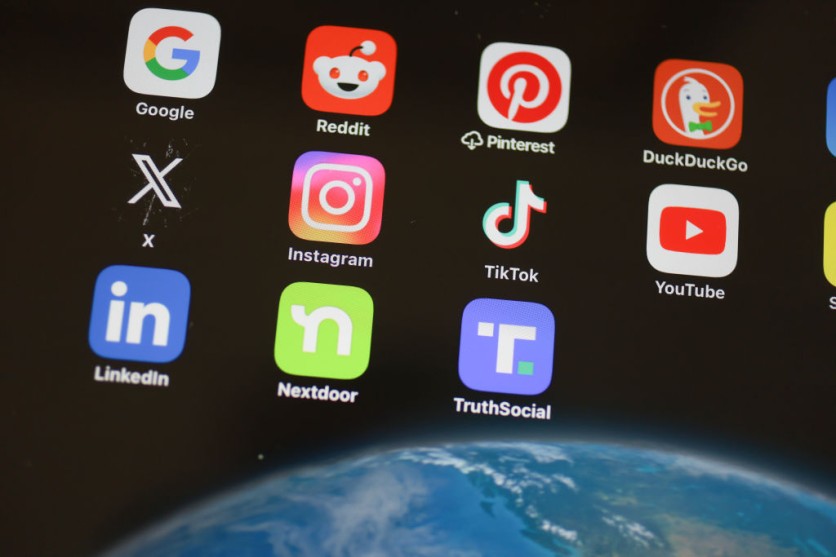New York lawmakers banned social media firms from presenting "addictive feeds" to minors without parental authorization.
According to the Stop Addictive Feeds Exploitation (SAFE) for Kids Act, an addictive feed recommends or prioritizes material based on user or device data, like most social media algorithmic news feeds. However, feeds in chronological order is permitted.
New York Governor Kathy Hochul is expected to sign the proposed legislation, according to TechCrunch. Her administration praised its enactment and the accompanying New York Child Data Protection Act, which prohibits internet companies from collecting or selling personal data from under-18s without informed consent.
Hochul remarked that New York leads the US in protecting children from "addictive social media feeds" and safeguarding their personal information from "predatory companies." She also noted that the measure is a "historic step" in resolving the mental health epidemic affecting the youth.
Tech Companies Blast New York's SAFE Act
However, NetChoice, which represents Google, Meta, and Snap, called the SAFE Act "dangerous and unconstitutional."
Social media sites would have to verify users' ages and cannot send feed alerts between midnight and 6 a.m. without parental approval under this measure. Companies that violate this measure could face a $5,000 fine for each infraction.
NetChoice Vice President and General Counsel Carl Szabo criticized the legislation and accused the state of "assaulting free speech and the open internet" as New York is "forcing websites" to implement censorship on all content.
NetChoice also said it defeated similar proposals in Ohio, Arkansas, and California.
Big Tech spent $1 million lobbying against the bill, according to the New York Post. Julie Samuels, president and CEO of Tech: NYC, an organization advocating against the legislation, lauded the law's goal to safeguard children but cautioned that enforcement was unclear.
Meanwhile, a Meta representative was more sympathetic, accepting the legislation's app store responsibility coverage and pledged to "engage" with New York and other government officials in such a campaign.

In this photo illustration, social media apps are displayed on an iPad on February 26, 2024, in Miami, Florida.
Social Media Can Harm Youngsters' Mental Health: Experts
Experts expressed concern about young individuals too much use of social media instead of spending time with friends in person. They suggest that these online networking may be linked to teenage sadness, per the Child Mind Institute. According to clinical psychologist Alexandra Hamlet, PsyD, shallow online friendships are less emotionally rewarding, leaving individuals socially isolated.
Another study of 19- to 32-year-olds discovered a link between social media use and social isolation. However, it is unclear if socially isolated people use social media more or if it causes PSI. The study investigates whether extensive social media usage restricts time for actual social experiences or whether carefully curated feeds increase isolation.
The fear of missing out (FOMO) contributes to the problem, according to Child Mind Institute clinical psychologist Jerry Bubrick, PhD. He adds that FOMO is essentially the fear of losing connection to our social world.
Another concern is self-esteem loss, especially among adolescent females who compare themselves to online ideals. Dr. Hamlet warns that excellent peer or celebrity images might lower self-esteem. Many blame Instagram for youth anxiety, sadness, and body image issues.
Even successful online picture curators are harmful, says Dr. Bubrick. The expert stressed that kids spend lots of time online attempting to show "what they think the world will think is a perfect life."
He warned that this may lead to issues of acceptance and anxiety, as they may feel that their friends only approve of their customized versions of themselves.
Related Article : FDA Reverses Juul E-Cigarette Ban, Vape Giant Regains Shelf Access Amid Legal Battle

ⓒ 2025 TECHTIMES.com All rights reserved. Do not reproduce without permission.




